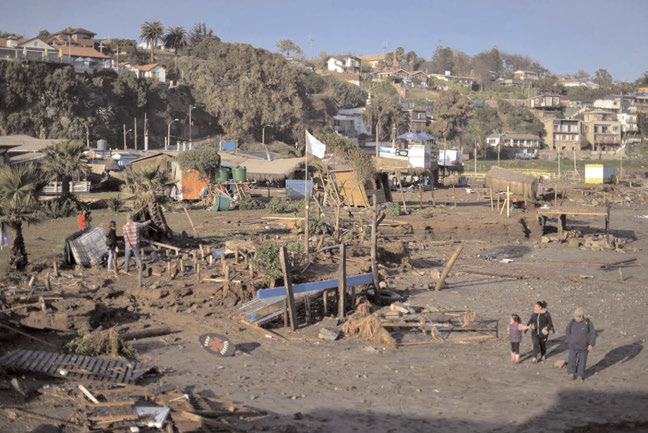
According to the World Health Organisation estimates, around two million deaths occur globally, every year, due to food and water contamination. On World Health Day, we delve into this year’s theme, food safety
There are over 200 diseases caused by contaminated food or drinking water that contain harmful bacteria, parasites, viruses and chemical substances. Millions fall ill and many die due to this. According to the World Health Organisation (WHO), diarrhoeal diseases alone kill an estimated 1.5 million children annually, and most of these illnesses are attributed to contaminated food or drinking water. Proper food preparation can prevent most food-borne diseases. We spoke to Dr Jyotsna Zope, consultant nephrologist, Dr Pradeep Gadge, consultant diabetologist and Naini Setalvad, nutritionist, for more handful tips on handling food…
Unsafe food can cause cancer and neurological disorders. The most common symptoms of food-borne disease are stomach pains, vomiting and diarrhoea. Food contaminated with heavy metals or with naturally occurring toxins can also cause long-term health problems including cancer and neurological disorders. Adulteration of milk is another problem. Milk suppliers add salt to slow down the decomposition process of milk and often, cane sugar is added to it. Consumption of such milk lead to multiple health hazards.
Food contamination can take place anytime, anywhere. There are many opportunities for food contamination. It can happen even in the confines of your home, if you are not wary of the temperature to store particular foods in, if you do not wash food well before consumption and also if you do not cook thoroughly. Today’s food supply is complex and involves a range of different stages including on-farm production, slaughtering or harvesting, processing, storage, transport and distribution before the food reaches the consumers, so better be safe. Food-borne diseases affect vulnerable people harder. For infants, pregnant women, the sick and elderly, the consequences of food-borne disease and infections caused by contamination, are usually more severe and may be fatal.
Some harmful bacteria are becoming resistant to drug treatments. One of the major, growing, global health concerns is antimicrobial resistance. In human clinical use, agriculture and animal husbandry, there is a major overuse and misuse of antimicrobials. This is one of the factors that are leading to the spread of antimicrobial resistance, states WHO. Antimicrobial-resistant bacteria in animals may be transmitted to humans via food and can prove harmful.
Food safety is a shared responsibility between governments, industry, producers, academia, and consumers. Everyone has a role to play. Achieving food safety is a multi-sectoral effort requiring expertise from a range of different disciplines —toxicology, microbiology, parasitology, nutrition, health economics, and human and veterinary medicine. Local communities, women’s groups and school education also play an important role.





Be the first to comment